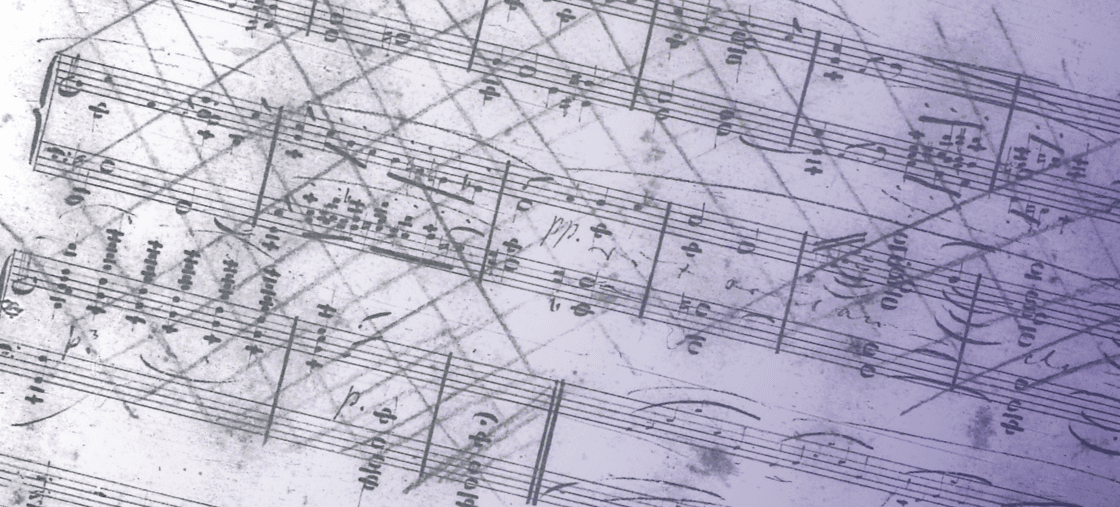
« Durchaus fantastisch und leidenschaftlich vorzutragen; Im Legenden-Ton »
The title of the first movement of Robert Schumann’s Fantasia in C demands it ‘to be played fantastically and passionately; as if recounting a legend’. Therefore, in telling the story of Schumann and his music, we have no choice but to gracefully oblige:
…Once upon a time, back in the 1830s, there lived a law student in Leipzig. He soon realised that studying law was for him both Crime and Punishment, so he turned to song composition and piano performance instead. Yet the desire to analyse and critique was never far off. Hence, this almost-lawyer founded a music journal, the Neue Zeitschrift für Musik, where for ten years his perceptive writings represented the most progressive musical thinking of the time.
This student, a young Robert Schumann, promoted the work of prolific past composers like Mozart, Beethoven and Weber, as well as contemporary composers such as Chopin and Berlioz. However, his fervent advocacy of their music was not his only preoccupation. He was also entwined in a passionate love affair and, as is so often the case in legends, faced a formidable villain.
Enter Friedrich Wieck, renowned piano professor and father of Clara Wieck, a piano prodigy. From the beginning, Wieck opposed Clara and Schumann’s romantic entanglement, stating that Schumann could not support his daughter financially and was not of a high enough social standing. He forbade Clara from seeing him, threatening disinheritance. Thus began the couple’s separation in 1836, which led to the composition of Schumann’s Fantasia in C.
Often seen as one of Schumann’s greatest works for piano, and privately considered by Schumann as “…perhaps the most impassioned music [he had] ever written,” his Fantasia in C is a testament to the heart-stopping ecstasy and unresolved longing that being in love with Clara provoked. Contained by a loose sonata structure, Schumann nonetheless broke free from this Classical form to create an emblematic piece of the Romantic period. And like
all great romances, Schumann included a special message to his love. The coda of the first movement begins with a melody from the last song in Beethoven’s song cycle An die ferne Geliebte (‘To the distant beloved’). This melody is from the phrase “Take, then, these songs, beloved, which I have sung for you.”
Like all great legends, we cannot finish without returning to the beginning: our law student in Leipzig. For even though Schumann did not continue his studies, he initiated several lawsuits against Friedrich Wieck. His legal complaints against Wieck eventually led to Schumann and Clara’s court-sanctioned marriage on 12 th September 1840.
Regarded as one of the greatest composers of the Romantic era, Robert Schumann’s originality pushed emotional and philosophical boundaries. His music often told stories peppered with motifs and literary references.
After listening to his Fantasia in C, consider exploring his song-cycle Dichterliebe (‘A poet’s love’) to delve further into his tumultuous relationship with Clara Schumann.
Share:
Subscribe to Our Newsletter
Get the latest updates from all Classeek activities, events, and more - delivered straight to your inbox!